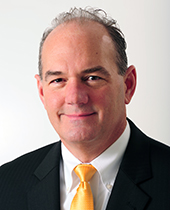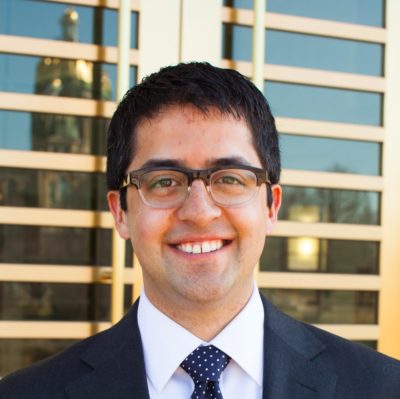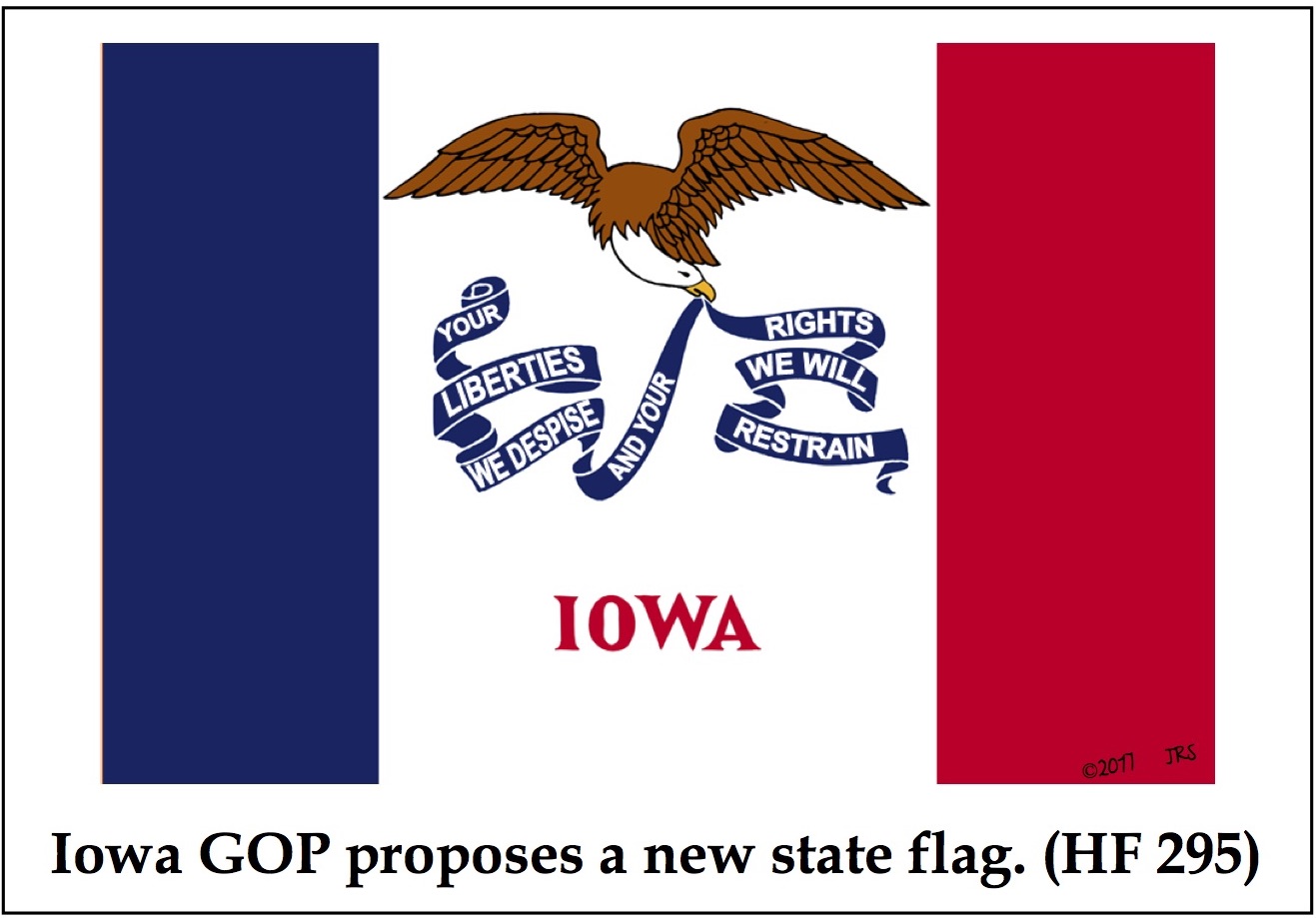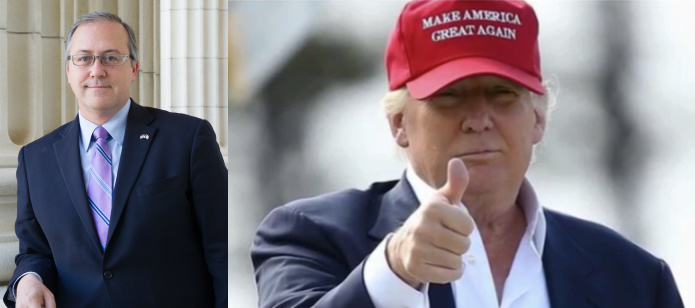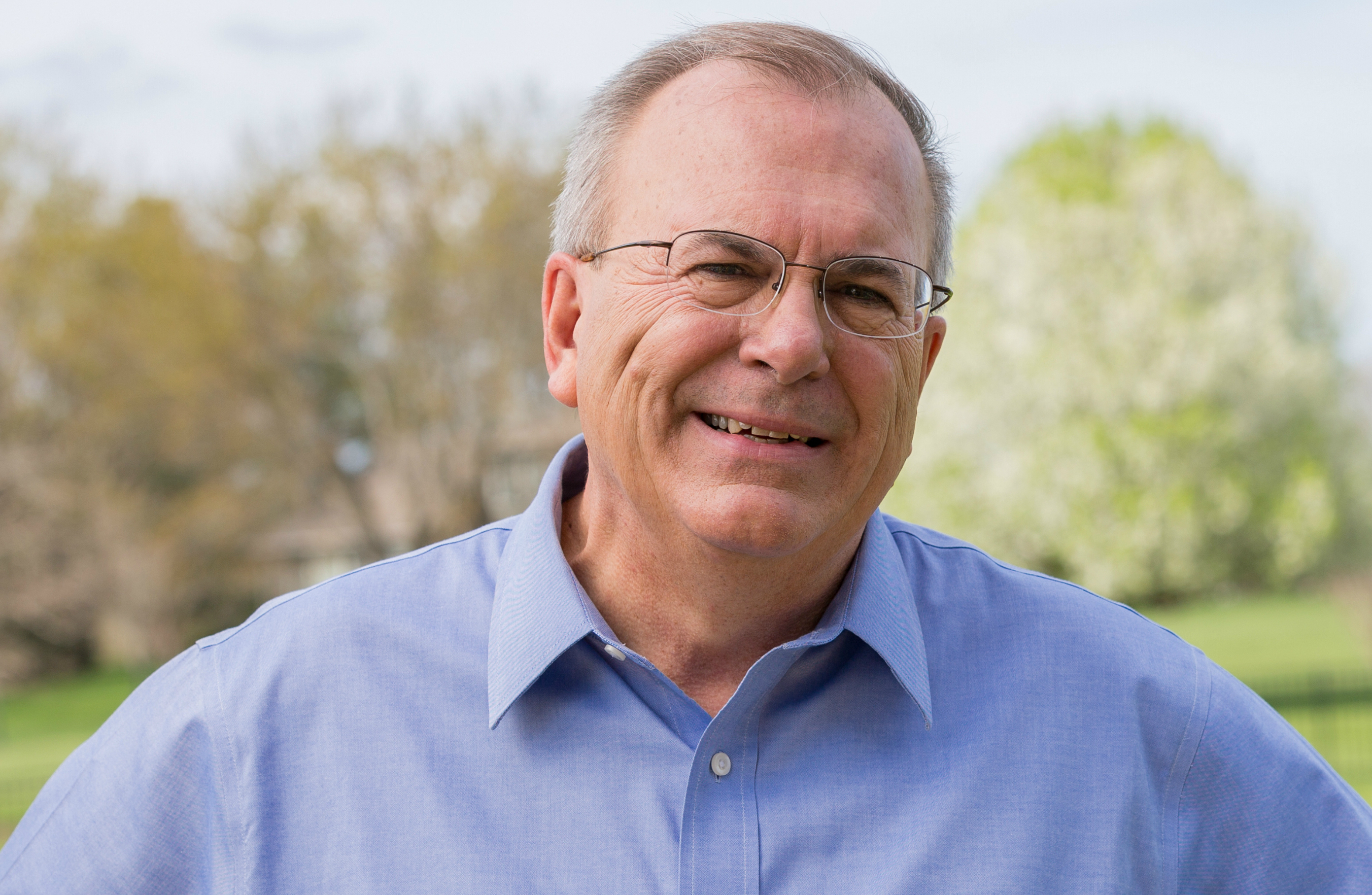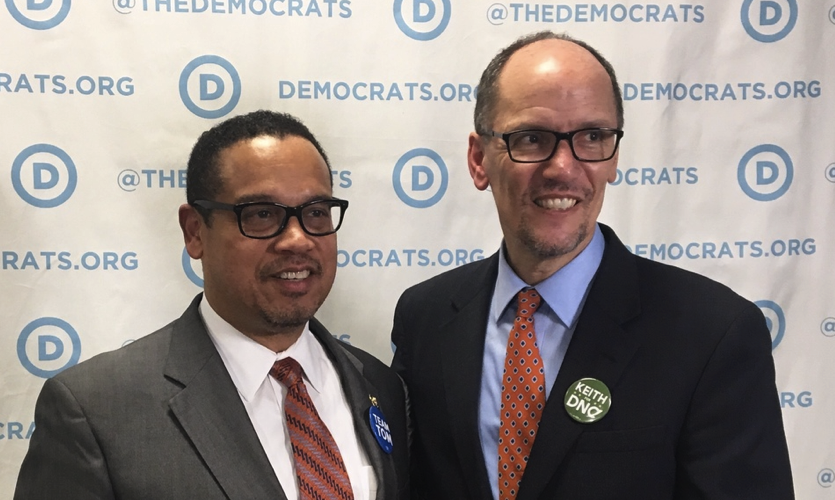At least two Democrats are actively exploring a campaign against eight-term Republican Representative Steve King in Iowa’s fourth Congressional district.
Long-term care ombudsman Kim Weaver, who was King’s challenger in 2016, confirmed her interest in a repeat bid today. Bret Hayworth reported for the Sioux City Journal,
Weaver said Tuesday she is passionate about making sure people in the 4th District have strong rural education and protections that the federal Medicare and Social Security programs won’t be cut.
Weaver also told Hayworth she has name recognition and “a good framework within the district” for a campaign. In recent months, she has depicted her low-budget 2016 campaign as an efficient use of grassroots energy:
While Kim’s bid to take the seat wasn’t successful, she received a higher percentage of the vote in all 39 of her counties than both Hillary Clinton and [U.S. Senate nominee] Patty Judge. Because she was working full time while campaigning, she was unable to raise millions of dollars like other candidates. Despite this, she ran a campaign where her final dollar per vote was only $1.22. This is compared to $14.00 per vote in the 1st District and just under $10.00 per vote in the 3rd District. This shows just how well a true grassroots campaign can work.
Weaver raised only $159,626 during the 2016 election cycle but received roughly the same percentage of the vote as Jim Mowrer did in 2014, when he raised and spent more than $2 million running against King.
Click here for more background on Weaver’s life and career. You can follow her on Facebook or Twitter. UPDATE: Added below a statement from Weaver on forming an exploratory committee.
Iowa State University political science Professor Dirk Deam is also exploring a Congressional campaign in IA-04. He recently discussed his plans in a Facebook post and with Iowa State Daily reporter Danielle Gehr. Scroll down for excerpts from those pieces and more background information from Deam’s Facebook page.
Election analysts, including most recently Roll Call, rate IA-04 as a “solid Republican” district. Its 39 counties contain 122,811 active registered Democrats, 194,477 Republicans, and 177,035 no-party voters, according to the latest figures from the Iowa Secretary of State’s office. Voters in IA-04 favored Donald Trump in last year’s presidential election by a 60.9 percent to 33.5 percent margin. King received about 61.2 percent of the vote against Weaver.


